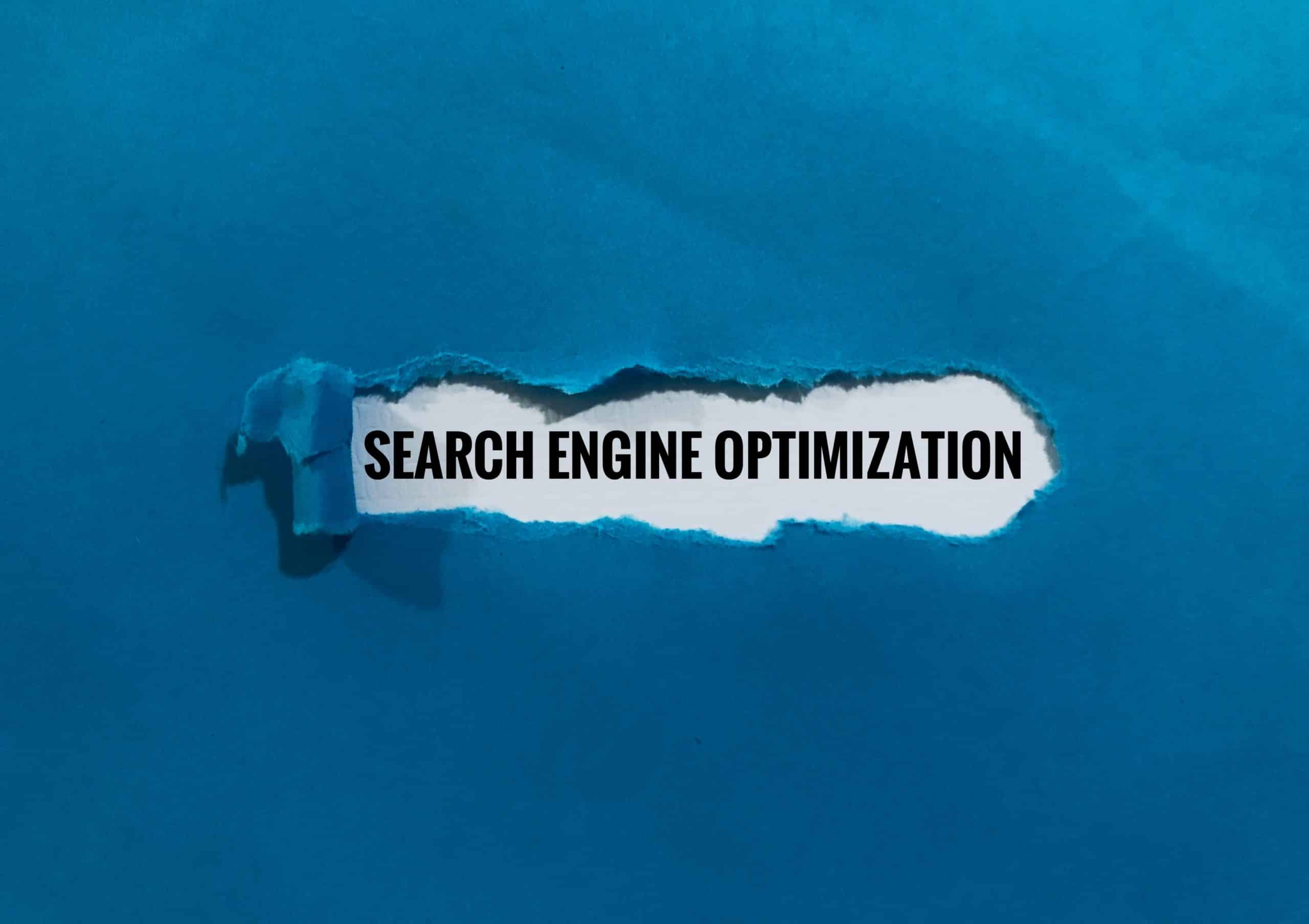How to Leverage Big Data in Enhancing Tenant Retention Strategies?

The advent of big data and analytics has transformed many industries, including real estate. Property managers now have a plethora of technology tools at their disposal to not only manage and maintain their property but also to leverage data for actionable insights. Among the many uses of data in real estate, one critical application is enhancing tenant retention strategies.
The Role of Big Data in Property Management
The property management industry has been revolutionized with the help of analytics and big data, providing valuable insights to managers. Big data in real estate refers to the massive volumes of information gathered from various sources such as property market trends, tenant behavior, and customer feedback. This information is processed and analyzed to reveal patterns and trends which can be used to make informed decisions.
Also to see : How to Adapt Real Estate Marketing Strategies to Attract Eco-conscious Millennials?
Utilizing big data in property management allows managers to identify key factors that influence tenant satisfaction and retention. This could be in the form of identifying maintenance issues, understanding tenant preferences, or analyzing market trends to stay competitive.
Additionally, with the help of big data, property managers can preemptively address potential problems before they escalate. Predictive analytics can provide warnings for maintenance issues, helping to avoid costly repairs and unhappy tenants.
Also read : What Are the Implications of Post-Brexit Immigration Policies on UK Housing Demand?
Understanding Tenant Behavior through Data
At the core of every successful tenant retention strategy is an understanding of tenant behavior and satisfaction. By leveraging big data and analytics, property managers can gain insights into their tenants’ behavior and preferences.
For instance, analysis of utility usage data can provide insights into the living habits of tenants. Similarly, analyzing payment patterns can help property managers identify reliable tenants and those who may present financial risks.
Moreover, big data can be used to gauge tenant satisfaction. By analyzing feedback and reviews, property managers can identify common issues or areas of dissatisfaction and take steps to rectify them. Understanding tenant behavior and satisfaction through data can significantly contribute to enhancing tenant retention strategies.
Innovating Property Management with Market Insights
Another crucial aspect of leveraging big data in property management is understanding the real estate market trends. Big data can assist property managers in staying ahead of market trends, ensuring their properties remain competitive and attractive to tenants.
Data can provide information on market rental rates, helping property managers to set competitive prices. It can also provide insight into the demographics of potential tenants, enabling managers to tailor their properties and services to the needs of their target market.
In turn, this understanding of the market can help property managers to identify the right marketing strategies and channels to reach their target audience, further improving tenant acquisition and retention.
How Big Data Tools Can Help
There are a plethora of big data tools and technologies available today that can help property managers in data collection, analysis, and interpretation. These tools can assist in processing large volumes of data, identifying patterns, predicting trends, and delivering actionable insights.
For instance, data visualization tools can help property managers to understand complex data sets by presenting the data in a visual and user-friendly format. Similarly, predictive analytics tools can assist in forecasting potential issues or trends, allowing property managers to take proactive measures.
Furthermore, technologies such as artificial intelligence and machine learning can be used to automate the data analysis process, making it more efficient and accurate.
Implementing a Data-Driven Culture in Real Estate
Embracing big data and analytics in property management is not just about implementing the right tools and technologies. It also involves fostering a data-driven culture within your organization.
This means encouraging all members of your team to utilize data in their day-to-day operations. It involves training your team on the use of data tools and promoting a mindset that values data-driven decision-making.
Additionally, it’s important to establish clear objectives and KPIs for your data initiatives and to continuously monitor and measure your performance against these goals. This will help you to ensure that your data initiatives are delivering the desired results and contributing to your tenant retention efforts.
In conclusion, by leveraging big data, you can gain valuable insights into your tenants’ needs and preferences and the market trends, enabling you to enhance your tenant retention strategies. The key is to embrace a data-driven culture, invest in the right data tools, and use the insights gained to make informed decisions.
The Influence of Social Media on Tenant Preferences and Market Trends
With the explosion of social media platforms, property managers now have an additional big data source to tap into. Social media data can significantly contribute to understanding tenant preferences and market trends in the commercial real estate sector.
Reviews, feedback, and discussion on social platforms can provide a wealth of information about tenant satisfaction levels and preferences. This data can help identify problem areas and opportunities for improvement. For instance, comments on a property’s cleanliness, maintenance, or amenities can reveal what matters most to tenants.
Moreover, social media can reveal geographical preferences and market trends. It can show which areas are becoming popular or what amenities are trending in real-time. This data can be especially useful for property managers in commercial real estate, where location and trendy features often play a significant role in attracting tenants.
Also, by using sophisticated data analytics tools, property managers can analyze social media data to gain insights into the demographics and preferences of potential tenants. For instance, data analytics can reveal which social media platforms prospective tenants use, enabling managers to tailor their online marketing efforts accordingly. This data-driven approach to marketing can significantly enhance tenant acquisition and retention efforts.
The Role of Property Management Software in Big Data
One cannot discuss leveraging big data in property management without mentioning the essential role played by property management software. These tools serve as the backbone for collecting, storing, and analyzing the vast amounts of data required for data-driven decision making.
Property management software can streamline the data collection process, pulling data from various sources like tenant feedback forms, maintenance requests, payment records, and social media platforms. The software can then aggregate this data and use advanced analytics and machine learning algorithms to uncover patterns, trends, and insights.
Moreover, many property management software solutions come equipped with powerful data visualization features. These tools can present complex data in an easily understandable format, making it easier for property managers to grasp and act on the insights provided.
For instance, a property manager could use the software to track the correlation between tenant satisfaction levels and the timeliness of maintenance response. If the data reveals a strong correlation, the manager could then focus on strategies to improve response times, thereby enhancing tenant satisfaction and retention.
Conclusion
In the property management industry, leveraging data is no longer just an option; it has become a necessity. The advent of big data and predictive analytics has equipped property managers with the tools and insights needed to enhance their tenant retention strategies.
By understanding tenant behavior, staying on top of market trends, optimizing the use of social media, and employing effective property management software, property managers can enhance their decision-making process. They can also better satisfy their tenants, stay competitive, and ultimately reap the benefits of high tenant retention rates.
However, to fully tap into the potential of big data, it’s vital to foster a data-driven culture within the organization. This involves training the team on the use of data tools, promoting data-driven decision-making, and continuously measuring the performance of data initiatives against set objectives.
Remember, the power of big data lies not just in the sheer volume of information but in the valuable insights that can be gleaned from it. With the right approach, big data can indeed be a game-changer in the realm of property management.
